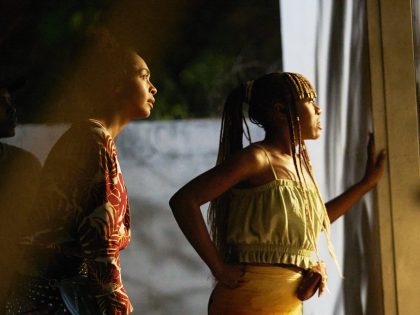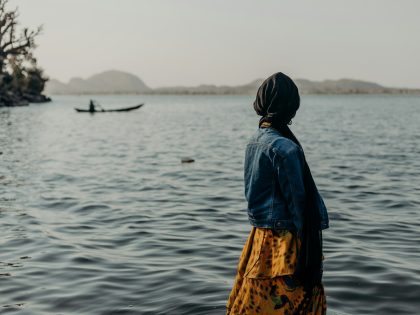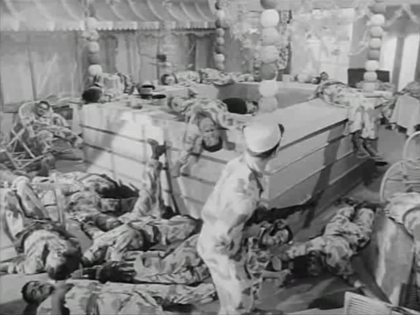
Reading List: Olufemi Terry
What does it mean to imagine a city with no fixed essence, only shifting histories and unstable forms of power?

What does it mean to imagine a city with no fixed essence, only shifting histories and unstable forms of power?

Rungano Nyoni’s latest film challenges audiences to confront the collective complicity that sustains abuse.

In her latest novel, Chimamanda Ngozi Adichie examines the contradictions of women’s desires, while leaving her own narrative blind spots exposed.

As Hollywood recycles pro-war propaganda for Gen Z, Youssef Chahine’s 'Djamila, the Algerian' reminds us that anti-colonial cinema once turned imperial film language against its makers—and still can.

Ryan Coogler’s latest film is more than a vampire fable—it’s a bridge between Black American history and African audiences hungry for connection, investment, and storytelling rooted in shared struggle.

Africa's biggest filmmakers are rejecting Western demands for resolution and containment in cinema—instead embracing ambiguity, rupture, and silence as tools for historical reckoning of African stories.

A new Malian film takes on the tradition of forced marriage with humor, intimacy, and defiance—reimagining African cinema as both tribute and rupture.

In his debut novel, Thaer Husien remixes genre and takes readers on a psychedelic ride through a dystopian yet disturbingly familiar future Palestine.

Bolanle Austen-Peters' new biopic on Funmilayo Ransome-Kuti often feels too simple and safe.

At the 31st New York African Film Festival, young filmmakers set the stage with adventurous and varied experiments in African cinema.

In 'Revolutionaries’ House,' Nthikeng Mohlele explores the moral decay within South African politics through a disaffected politician tortured by his personal indiscretions.

By centering the African migrant perspective, a new film challenges Western images that cast hundreds of thousands of individuals into the generic role of desperation.

The film adaptation of Percival Everett's novel ‘Erasure’ leaves little room to explore Black middle-class complicity in commodifying the traumas of Black working-class lives.

The little-known history of Iranian cinema uncovers its overlooked history of slavery and anti-blackness.

It would seem that Hollywood has discovered Africa again. But how does all the new American content about Africa’s past compare to a previous generation of African-made movies on the same topic?

The return of Belgian-Congolese multitalent Baloji is nothing short of remarkable, with his latest output offering a fourfold album, an immersive exhibition, and most notably, a captivating magic realistic film.

Ramata-Toulaye Sy’s directorial debut is not only a love story about two star-crossed individuals, but about the whimsical landscapes of the place where they fall in love.

Although visibility is important, contemporary queer African literature reveals how easily representation privileges narratives of the resourceful and upwardly mobile.

Chika Unigwe’s novel, 'The Middle Daughter,' reimagines a Greek myth within a contemporary Nigerian context and develops it into a gripping family saga.

Even though Israeli novelist Agur Schiff’s latest book is meant to be a satirical reflection on the legacy of slavery and stereotypes about Africa, it ends up reinforcing them.